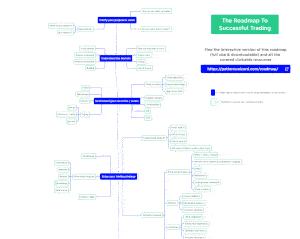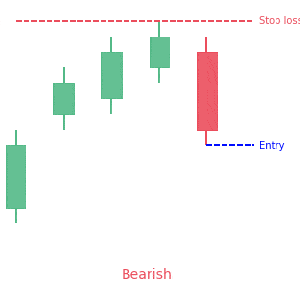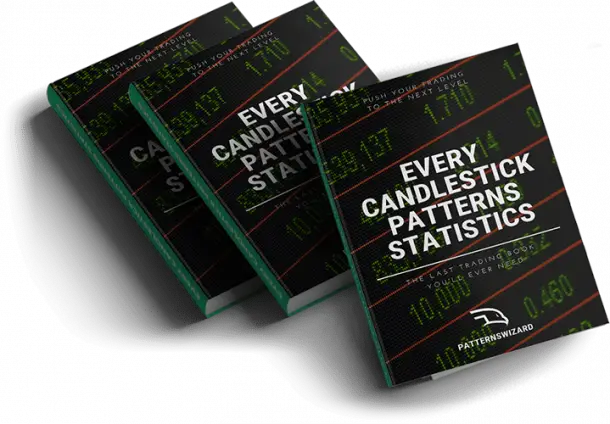Writing covered calls means selling someone else the right to buy an underlying security you already own. The contract includes a specific price and a timeframe as well. In addition, you need to own at least 100 shares of the underlying security to write a covered call. This is because a single options contract generally consists of 100 shares.
Writing covered calls is profitable trading but for professionals only. Do you also want to learn how to write them like a pro? If yes, then you are on the right platform because we are going to explain covered calls and how to write them like pros in this article. So, let’s begin right away.
What are covered calls?
A covered call is a type of options contract where a seller sells the right to buy stocks to the buyer that the seller already owns at a predetermined price. The buyer buys the right to buy a certain number of shares owned by the seller before the expiration date. The buyer has the right, not the obligation to buy stocks. However, if the buyer doesn’t buy shares, the seller keeps the money paid by the buyer when buying the options contract.
How to write covered calls like a pro?
Buying stocks and selling them when the price goes up is a traditional trading and investing strategy. Such traditional strategies may be profitable but are risky as well. Additionally, you may not be able to earn a livable income from these strategies even when you make money. Contrarily, there are some alternative strategies that you can use to earn money consistently. One of them is writing covered calls. It promises more flexibility when it comes to short-term and long-term capital gain. In addition, you can also hedge your portfolio against a volatile market using this strategy.
However, it is of paramount importance to write covered calls accurately. Otherwise, you may have to face some serious consequences. So, what are the steps you need to follow to write a covered call accurately?
- First things first. Firstly, you need to select the stock to exercise a call option. The stock must be performing well in the current market.
- Secondly, choose the strike price at which you can sell the stocks without any regrets.
- Thirdly, you need to sell the out-of-the-money options contract because you are expecting the strike price to rise above the market price. That way, you won’t have to sell your shares.
- Fourthly, you need to choose the expiration date. However, it is important to select the date very carefully. Moreover, select a date that makes it easy to get the premium on a strike price.
So, these are the simple steps. However, it is crucial to keep yourself updated on market conditions. Moreover, select the expiration date with the utmost care because expiration duration plays a vital role given the fact that there are many alternatives available to investors. Now, let’s see what are the possible outcomes after writing covered calls.
Possible outcomes of covered calls
There are three possible outcomes after writing a covered call.
1. Stock price falls
If the strike price is lower than the current market price, the contract expires worthless. However, you can keep the premium received when selling the options contract. Additionally, you can sell the underlying security and buy back again at a much lower price. So you can offset any potential risk if the stock price falls drastically.
2. Stock price doesn’t change
The second scenario is the stock price not changing significantly. In this case, your call option goes worthless at the expiry date. So, you can keep the premium received as well as the ownership of the stocks.
3. Stock price rises above the strike price
Obviously, in this case, the buyer of your covered call options contract executes the contract. The price may further increase after that and you may regret that. However, there is no need to regret it because it happens in such strategies. You get the premium as profit and move on.
The wrap-up
The covered calls options trading strategy is one of the most popular strategies. You can take advantage of this strategy as well. It is the best strategy for you if you aren’t expecting significant price movements of the underlying security. Additionally, the strategy is also best if you want to keep stocks and maintain your portfolio for an extended period. If you write covered calls accurately, you will earn a premium and also keep your stocks. So, this is quite a profitable strategy. However, the key is to write it with accuracy. Otherwise, you will have to bear losses.
 Good Trading requires the Best Charting Tool!
Good Trading requires the Best Charting Tool!

 We loved Marwood Research’s course “Candlestick Analysis For Professional Traders“. Do you want to follow a great video course and deep dive into 26 candlestick patterns (and compare their success rates)? Then make sure to check this course!
We loved Marwood Research’s course “Candlestick Analysis For Professional Traders“. Do you want to follow a great video course and deep dive into 26 candlestick patterns (and compare their success rates)? Then make sure to check this course!